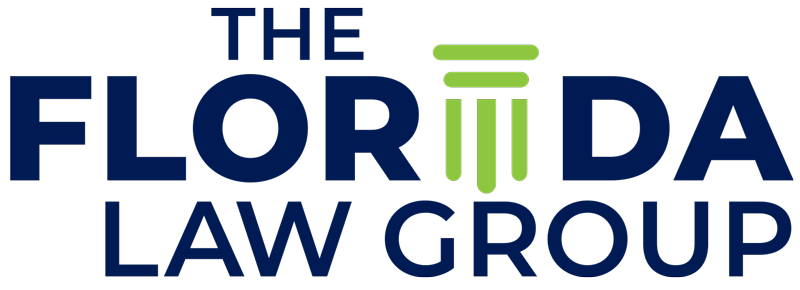How much will my car insurance go up after a car accident in Florida?

If you are involved in a car accident in Florida, one of your first thoughts may be fear about how much your car insurance will go up. You could be dealing with injuries, damage to your vehicle, and time off work, all of which can be expensive; the last thing you want to worry about is rising insurance premiums.
This is a valid concern in other states (although it should never prevent you from seeking legal help to pay for your injuries, because the amount you will recover from filing a claim will be greater than any rate increase).
However, Florida law states that insurance companies cannot raise your rates following an accident.
Surprised? Many people do not know that Florida Statute § 626.9541 prohibits insurance companies in Florida from raising premiums for liability, personal injury protection, medical payments, or collision only because the insured party was involved in a car accident unless the “insurer in good faith determines that the insured was substantially at fault”.
This basically means that unless you are found to be more than 50% at fault for your accident, if another driver hits you and your rates increase, your insurance company is breaking the law by breaching the terms of its contract with you. They are not acting in “good faith” – that is, upholding their end of the terms of your policy – and an experienced lawyer can help you hold them accountable.
You may be thinking “Isn’t Florida a no-fault state? How does that factor into rate increases?”
Florida is a no-fault state, but that does not mean that fault is not determined or that it does not matter legally. It does! An accident is always someone’s fault, even if no harm was intended or both parties shared fault for the accident.
Florida’s no-fault status means that every driver is required to carry Personal Injury Protection (PIP) coverage as part of their autoinsurance. When an accident occurs, regardless of who is at fault, PIP pays a percentage of the bills up to the limit of the insurance, the minimum of which is $10,000. These claims must be filed within 14 days of the accident. 80% of medical bills are covered, 60% of lost wages are covered, and 100% of replacement services are covered. PIP also contains a $5,000 death benefit in case the driver dies due to their injuries. However, 80% of medical bills and 60% of lost wages might still leave you with huge out-of-pocket expenses, which is why it is likely in your best interest to legally pursue additional compensation beyond your PIP coverage if you were injured.
Now that you understand that no-fault does not mean that each driver is blameless, remember that insurance companies cannot raise your rates unless you are “substantially at fault” – more than 50%. This requires an investigation into the crash.
For example, imagine that you were rear-ended, and you did not receive a citation for the crash. The other driver’s insurer finds that their driver was completely, 100% at fault for the accident. Your PIP coverage kicks in but you also file a claim with the other driver’s insurer for costs that the PIP does not cover. If your insurer raises your rates, then they are acting in bad faith.
If you were found to be 40% at fault for the accident because one of your brake lights was out, and your insurer raises your rates, they are still acting in bad faith. Although you are at fault, you are not substantially at fault for the accident.
However, if you were found to be 70% at fault for the accident because both of your brake lights were out, and your insurer raises your rates, they would not be acting in bad faith. How much your car accident insurance will go up following a car accident in Florida depends on a number of factors such as the extent of the accident, injuries received, property damage involved, martial status, age, credit score, location, vehicle specifics, and more. If you were substantially at fault, these rate increases can stay in effect for three to five years. Some companies offer accident forgiveness programs to help with rate increases.
If you were not at fault for your accident, there can still be penalties. The statute says that insurers don’t have to renew your policy if you were involved in at least three different accidents within three years – even if none of them were your fault at all. But if they cancel your policy and you only had two accidents within two or three years, they are acting in bad faith.
Florida law is clear – if your insurance company is raising your rates after an accident that was not your fault, they are acting in bad faith, and you have grounds for legal action.
A local, skilled personal injury lawyer who specializes in accident cases can help you stand up to intimidating insurance companies and recover the compensation you deserve, without penalties! The Florida Law Group is one of the top 1% of law firms in the state. We have over 100 years of collectivel experience and have received numerous awards for our ability to get verdicts for our clients, including being named to the Best Lawyers in America®, Florida Super Lawyers®, The National Trial Lawyers Top 100, The Multi-Million Dollar Advocates Forum®, and The National Association of Distinguished Counsel. Our accident attorneys will guide you every step of the way through the claims process. We can help you fight for justice!


